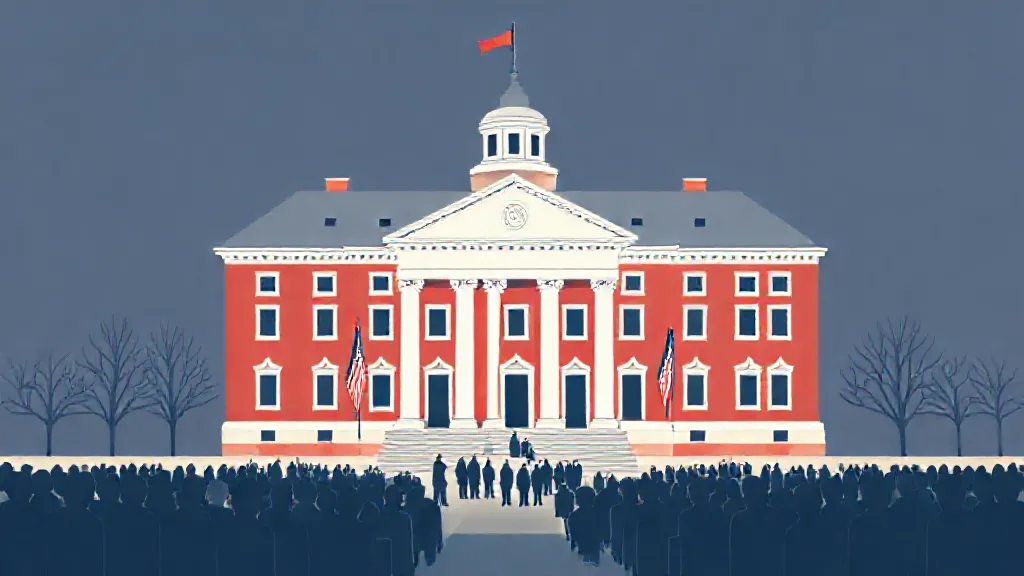The First Continental Congress, a pivotal moment in American history, convened on September 5, 1774, in Philadelphia, Pennsylvania. This gathering was a response to the escalating tensions between the American colonies and the British government, particularly following the implementation of the Intolerable Acts. The choice of Philadelphia as the meeting place was strategic, as it was not only the largest city in the colonies at the time but also a central hub for political and social discourse.
The Role of Philadelphia in Colonial America
Philadelphia was a thriving metropolis and a center of commerce and culture in the 18th century. It was home to influential figures such as Benjamin Franklin and had a diverse population that included Quakers, Germans, and Scots-Irish, contributing to a rich tapestry of ideas and philosophies. This environment made Philadelphia an ideal location for the Congress, as it allowed for the convergence of various viewpoints and the collaboration necessary to address colonial grievances.
The Delegates and Their Objectives
The Congress was attended by 56 delegates from twelve of the thirteen colonies, with Georgia absent due to its involvement in ongoing conflicts with Native Americans. Notable figures included George Washington, John Adams, and Patrick Henry. The delegates aimed to unify the colonies in their resistance against British oppression, articulate their grievances, and seek redress from the Crown.
Their discussions laid the groundwork for future collective actions, including boycotts of British goods.
Significant Decisions and Actions
During its initial sessions, the Congress adopted the Continental Association, which called for a boycott of British goods and a halt to exports to Britain until the Intolerable Acts were repealed. This was a significant step towards self-governance and demonstrated the colonies' willingness to act collectively against perceived injustices.
The Congress also sent a petition to King George III, outlining their concerns and asking for a peaceful resolution.
The Impact of the First Continental Congress
The First Continental Congress marked a turning point in the relationship between the colonies and Britain. It demonstrated the colonies' ability to organize and collaborate on a national level, setting a precedent for future assemblies.
The decisions made during this Congress fueled the revolutionary spirit and laid the foundation for the Second Continental Congress, which would eventually lead to the Declaration of Independence in 1776.
The Legacy of the Meeting Place
Today, the site of the First Continental Congress is recognized as a historic landmark. Independence Hall, where the Congress met, is part of the Independence National Historical Park and attracts millions of visitors each year.
The building symbolizes the ideals of democracy and the struggle for independence, serving as a reminder of the importance of civic engagement and collective action in shaping a nation.
Historical Context of the Era
The backdrop of the First Continental Congress was marked by a series of punitive measures imposed by the British Parliament, including the Stamp Act and the Townshend Acts. These laws were met with fierce resistance from the colonists, leading to protests and boycotts.
The Congress emerged from this climate of unrest, representing a unified front against British policies that were seen as violations of colonial rights.
Further Reading and Exploration
To deepen your understanding of the First Continental Congress and its significance, consider exploring works such as "The First Continental Congress: A History" by John A. Kline or "The American Revolution: A History" by Gordon S.
Wood. These texts provide comprehensive insights into the events leading up to the Congress and its lasting impact on American history. Additionally, visiting historical sites and museums dedicated to this era can offer a more immersive experience of the revolutionary spirit that defined the time.
